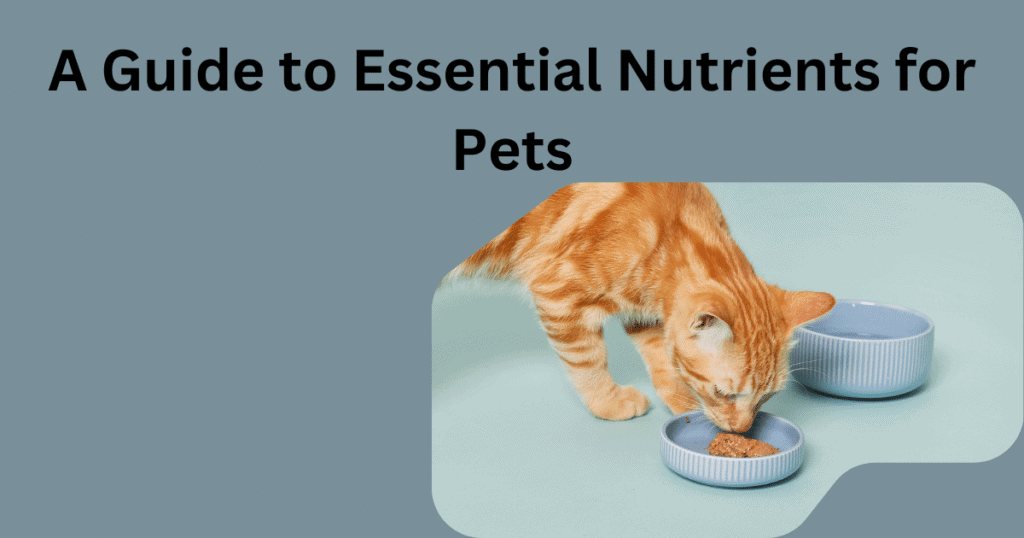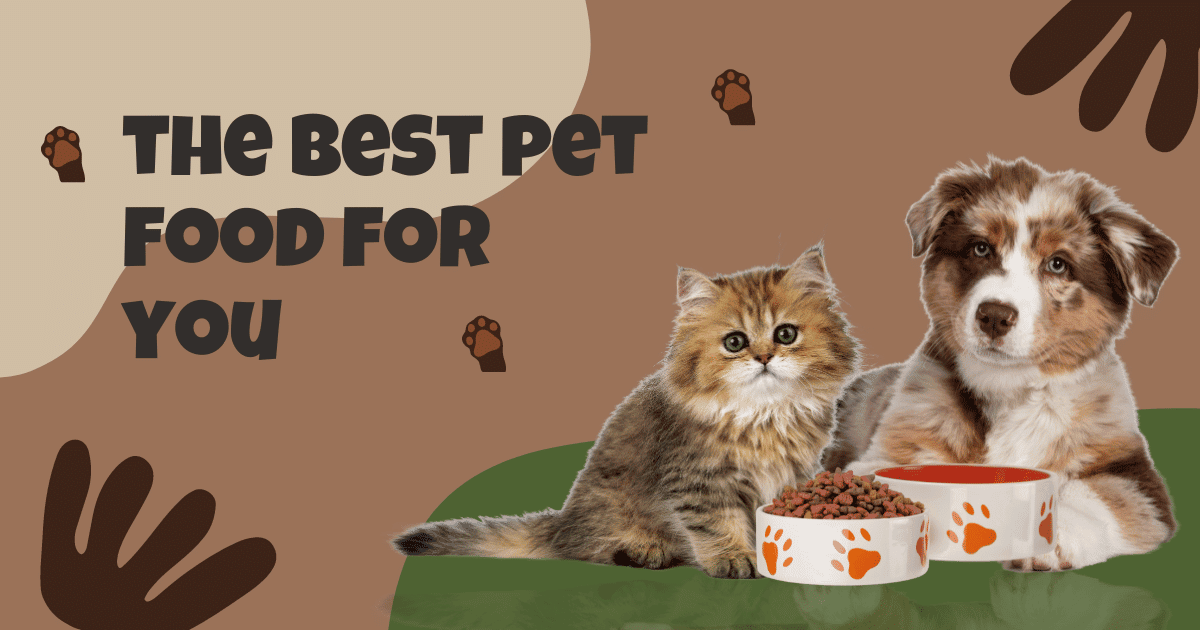When it comes to the health of our furry friends, every pet owner wants to provide the best. An optimal diet enriched with essential nutrients is not just about maintaining your pet’s energy levels, it’s about extending their life, enhancing their coat, and ensuring they’re as happy and healthy as possible. Today, we’ll jump into the top 10 essential nutrients for pets that should be a staple in your pet’s diet, whether you’re a seasoned pet owner or a new puppy parent.
Essential Nutrients for Pets
Before we dive into the specifics, let’s briefly touch upon what makes certain nutrients ‘essential.’ Essentially, these nutrients are vital for your pet’s body functions but cannot be synthesized in sufficient quantities. Just like humans, pets require a balanced diet rich in essential nutrients to thrive. In this guide, we’ll explore the vital nutrients your pets need and how to ensure they’re getting the nutrition they require for optimal health and happiness. Therefore, they need to be included in their diet. This includes a variety of vitamins, minerals, amino acids, and fatty acids.
1. Proteins: Building Blocks of Health
Protein is a cornerstone of your pet’s diet, playing a crucial role in building and repairing tissues, supporting a healthy immune system, and providing energy. High-quality sources of protein include meat, fish, eggs, and dairy products. When choosing pet food, prioritize options with a protein source listed as the first ingredient. Proteins are crucial for muscle repair, growth, and overall body function. They are made up of amino acids, some of which are termed “essential” because the body cannot produce them.
For Dogs:
- Meat and Eggs: High-quality sources such as chicken, beef, and eggs are excellent protein sources.
- Fish: Occasionally adding fish can provide variety and a healthy dose of omega-3 fatty acids.
For Cats:
- Higher Protein Content: Cats are obligate carnivores, meaning their protein needs are higher than dogs. Ensure their diet is rich in animal proteins.
2. Fats: More Than Just Energy
Fats are a dense form of energy that helps your pet stay active and playful. They also aid in the absorption of certain vitamins and improve skin and coat health.
Different Types of Essential Fatty Acids: Fats are essential for your pet’s overall health, providing energy, aiding in nutrient absorption, and supporting healthy skin and coat. Omega-3 and omega-6 fatty acids, found in fish oil and flaxseed, are particularly beneficial for promoting skin and coat health and reducing inflammation. Ensure your pet’s diet includes a balance of healthy fats to support their well-being
3. Carbohydrates: Energizing Sources
While dogs and cats have different dietary requirements, both can benefit from carbohydrates such as grains, vegetables, and fruits. Look for pet foods that contain complex carbohydrates and fiber to support digestive health. Though less essential for cats, carbohydrates are a source of quick energy for dogs and play a role in gut health.
Sources: Brown rice, vegetables, and certain fruits can provide the necessary fibers which help in digestion.
4. Vitamins: Micro-Nutrients with Macro Effects
Vitamins are vital for energy production, immune function, and blood clotting. Each vitamin plays a unique role in maintaining your pet’s health.
Key Vitamins Include:
- Vitamin A: For skin, coat, muscles, and nerve health.
- B Vitamins: Aid in metabolism and energy generation.
- Vitamin D: Essential for bone health and calcium regulation.
5. Minerals: From Bones to Nerves
Minerals like calcium and phosphorus are important for strong bones and teeth, whereas others like iron are critical for blood function.
Important Minerals:
- Calcium and Phosphorus: These need to be in the correct ratio, especially for growing pets.
- Zinc: This supports skin health and overall immunity.
6. Water: The Essence of Life
water is essential nutrients for pets. It aids in digestion, waste removal, nutrient transport, and temperature regulation. Water is perhaps the most critical nutrient for your pet, as it’s essential for hydration and the proper function of virtually every bodily system. Make sure your pet has access to fresh, clean water at all times, and monitor their water intake, especially during hot weather or periods of increased activity
Tips:
- Keep fresh water available at all times.
- Monitor your pet’s water intake, especially in hot weather or if your pet is active.
7. Amino Acids: The Protein Building Blocks
As part of proteins, certain essential amino acids must be obtained from the diet, such as taurine which is critical for cats.
Sources: Animal-based proteins: These are complete sources of essential amino acids. Essential nutrients for pets
8. Antioxidants: Protective Nutrients
Antioxidants like vitamin E and C help fight oxidative stress and boost the immune system.
How to Include:
- Vegetables and Fruits: Carrots, blueberries, and sweet potatoes are rich in antioxidants.

9. Probiotics: Beneficial Bacteria
Probiotics are essential nutrients for pets that support gut health and aid in digestion and nutrient absorption.
Supplements or Specific Foods: Some yogurts and specially formulated pet foods include probiotics.
10. Electrolytes and minerals
Electrolytes such as sodium, potassium, and chloride maintain fluid balance and nerve transmission. Managing electrolyte balance is crucial, especially if your pet has been ill or is very active.
Minerals are essential nutrients for pets to maintaining proper bodily functions and supporting overall health. Calcium and phosphorus are crucial for bone health and development, while potassium, magnesium, and sodium help regulate fluid balance and nerve function. To ensure your pet receives the necessary minerals, offer a balanced diet that includes a variety of foods, or consider supplementation under the guidance of a veterinarian.
Balance is Key
While understanding each of these nutrients is essential, the most important takeaway is to provide a balanced diet that meets all your pet’s nutritional needs. If you’re ever in doubt about what’s best for your furry friend, don’t hesitate to discuss their diet with a vet. Remember, a healthy pet is a happy pet!


